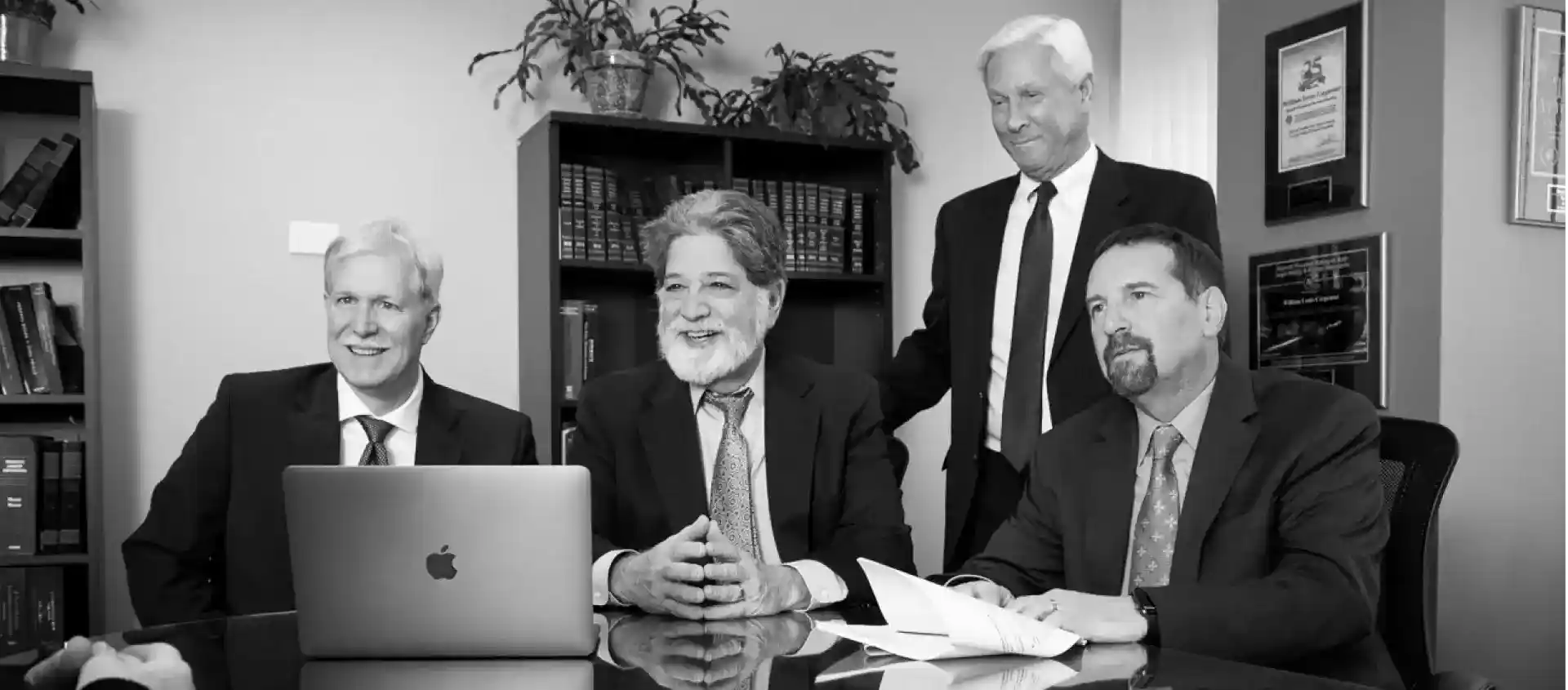
A wrongful death claim is more than just a lawsuit. Losing a loved one suddenly and senselessly impacts a family in countless ways. If you lost someone special due to wrongful death, you have a right to recover for your financial losses.
While no compensation could ever replace the loss of a loved one, economic recovery may help families get back on their feet. However, it is crucial to understand Colorado’s wrongful death statute of limitations to ensure your claim in filed on time.
Wrongful death cases represent a complex area of Colorado law and require the assistance of a compassionate and understanding attorney.
What is the Statute of Limitations for a Wrongful Death Claim in Colorado?
In Colorado, the statute of limitations for filing a wrongful death claim is two years from the date of the deceased’s passing. Failing to file within this timeframe will permanently bar you from seeking compensation for your loss. It’s crucial to consult with an attorney to ensure your claim is filed on time and properly.
In the state of Colorado, the law stipulates a two-year statute of limitations for wrongful death claims. This means that the family of the deceased has a two-year window from the date of death to file a wrongful death lawsuit. If a claim is not filed within this time frame, it will be permanently barred from recovery.
Failure to file your wrongful death claim bars you from pursuing a lawsuit at a later time and obtaining the financial compensation you and your loved ones deserve. Understanding the wrongful death statute of limitations in Colorado requires the assistance of a qualified injury attorney. And time is of the essence because courts rarely permit parties to file past the designated statute of limitations timeline.
Please speak with an experienced injury lawyer at Gerash Steiner, P.C. today, so we can begin investigating your claim and securing the compensation you deserve.
What Is the Colorado Wrongful Death Statute?
A wrongful death occurs when someone dies due to another’s wrongful, careless, or negligent acts. You can bring a wrongful death action in civil courts independent of any potential criminal charges. This type of claim seeks to compensate the decedent’s close family members.
In Colorado, the wrongful death statute identifies the permissible surviving family members who may pursue legal action against the party responsible for their loved one’s death.
Who Can Bring a Claim Under the Wrongful Death Statute in Colorado?
The Colorado Wrongful Death Statute permits only certain people to pursue a lawsuit for compensatory recovery on behalf of loved ones.
Within the First Year of Wrongful Death
The statute permits a spouse to bring a wrongful death lawsuit within the first year of a victim’s death. In addition, the decedent’s surviving children may join the case if the spouse provides written consent. When the decedent was unmarried, the deceased person’s children or designated beneficiary may file a wrongful death lawsuit.
Within the Second Year of Wrongful Death
In the second year following the wrongful death, the following persons may bring a wrongful death lawsuit:
- The decedent’s surviving spouse,
- The decedent’s surviving children,
- The decedent’s spouse and the decedent’s children, or
- The decedent’s eligible designated beneficiary and the decedent’s children.
If the decedent’s children file a wrongful death action, the surviving spouse or any other designated beneficiary has 90 days to join the lawsuit.
If the decedent was unmarried and had no designated beneficiary or children, the decedent’s parents may file a wrongful death action.
Colorado law limits recovery from wrongful death actions to lineal descendants only. Therefore, brothers, sisters, uncles, and aunts may not file wrongful death actions for recovery.
What Can I Recover in a Wrongful Death Action?
Qualified parties may recover both economic and non-economic damages in wrongful death actions. Economic damages include financial and calculable losses related to the wrongful death lawsuit. These include the following:
- Medical bills,
- Lost insurance or retirement benefits,
- Loss of decedent’s earnings,
- Loss of decedent’s services,
- Funeral expenses, and
- Property damage.
Your injury lawyer uses tangible evidence to support a claim for economic damages, including receipts, invoices, pay stubs, and bank statements.
Non-economic damages include intangible and subjective losses related to wrongful death. Non-economic damages are much more challenging to prove and include the following:
- Pain and suffering,
- Grief and sorrow,
- Loss of consortium, and
- Punitive damages.
Non-economic damages weigh heavily on the outcome of a wrongful death claim. To prove non-economic loss, your injury attorney may require family members to testify about their relationship with the decedent.
Is There a Damages Cap on Wrongful Death?
Colorado does not limit compensation for economic damages (unless there is no surviving spouse, children, or parents). However, non-economic damages may be subject to specific “caps” or limits on how much can be awarded. The state adjusts the cap for inflation.
The current cap on most wrongful death claims is $613,760 for claims arising after January 1, 2022. The court also has the option to increase the cap to $1,227,530, if it finds by clear and convincing evidence that an adjustment is warranted. Different caps apply for wrongful death claims based on medical malpractice.
Speak with a injury lawyer regarding any caps on your potential recoverable damages.
What Is a Survival Action?
A survival action in Colorado differs from a wrongful death lawsuit. In wrongful death actions, family members seek compensation for their own damages. Survival actions pursue damages that the decedent would have been able to recover had they survived.
A survival action must be filed by the decedent’s personal representative. A decedent’s will, trust, power of attorney, or living will usually name a designated personal representative. However, if the decedent fails to select a personal representative, the probate court in charge of the estate assigns someone.
Recoverable Damages in Survival Actions
Recoverable damages in a survival action are limited to economic losses suffered by the victim from the time of their injury until their death. Colorado does not allow recovery of pain and suffering damages in a survival action.
Recoverable damages in a survival action include the following:
- Funeral expenses,
- Medical expenses, and
- Loss of earning capacity.
Courts may award punitive damages in certain circumstances to deter others from engaging in similar behavior. Speak with a qualified attorney to learn whether you may qualify to recover damages in a survival action.
Contact Us
Choose a dedicated team of fully prepared trial lawyers equipped to protect your best interests in the biggest dilemmas of your life. At Gerash Steiner, P.C., we have the best interests of our clients in mind at all times. The trial lawyers at Gerash Steiner, P.C., are prepared to fight for your rights and freedom no matter your circumstances. Contact us today to discuss your case!

